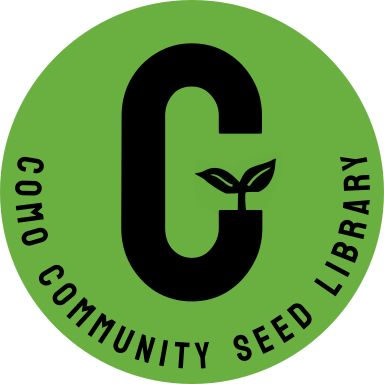Bringing Campus and Community Together
The West Bank Community Garden (WBCG) at the University of Minnesota is more than just a green space—it’s a living example of how college students can connect with their community and positively impact the environment. Its effort in urban farming aligns with the values of the Como Community Seed Library: preserving seeds, fostering local food systems, and empowering people to engage with their environment.
Walking through the WBCG, it provides refreshing contrast to the surrounding campus buildings, creating a much needed green space on the West Bank Campus. Despite its compact size, the garden flourishes with peppers, tomatoes, pumpkins, sunflowers, and a variety of plants. Many of these plants contribute to local food production, and the garden's seed-saving initiatives help ensure the community members can continue growing crops in future seasons ahead. This work directly addresses the issue of food swamps, areas with limited access to healthy, affordable food, by empowering local residents to cultivate their own food and take an active role in their environment.
College students are integral to this movement, as their passion for environmental justice and sustainability drives change on both campus and local communities. As a junior at the University of Minnesota, I believe students have the power to make a meaningful impact. Whether through participation in community gardens like the WBCG or connecting with grassroot organizations, we can help build more sustainable and connected communities. Urban agriculture and seed-saving initivas are critical to addressing environmental sustainability and fostering deeper community bonds.
The Environmental Student Association (ESA) at the university helps students engage with these local initiatives. By working with gardens like WBCG, ESA connects academic learning with real-world opportunities to make a tangible impact.
The West Bank Community Garden is about more than growing food— it's about growing connections. Student groups, local residents, and volunteers come together to cultivate the space and share in harvesting. This collaborative environment serves as a model for how we can all engage more deeply with our communities. Through community gardens we’re not only cultivating food, we’re creating lasting relationships, building knowledge, and creating sustainable change both on and off campus.



